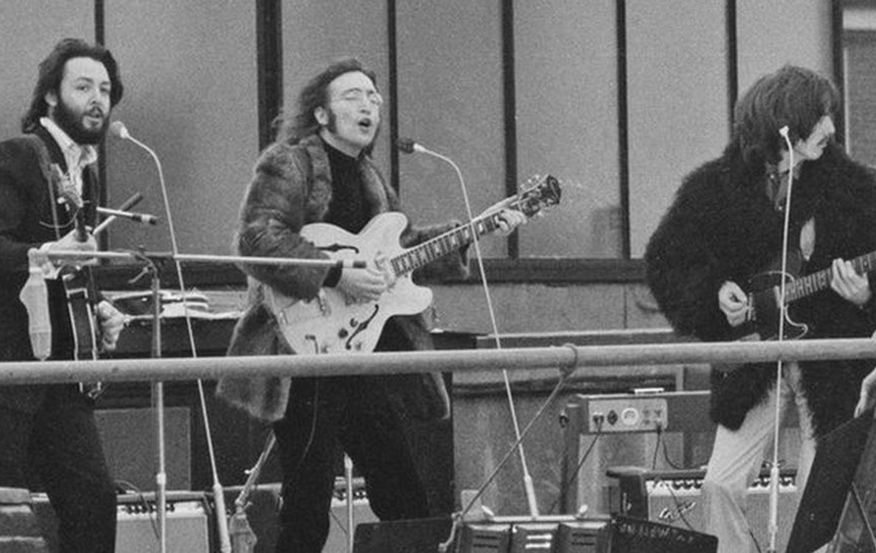The United Kingdom has long been a powerhouse in global music, producing some of the most influential artists, bands, and movements in modern history. From the groundbreaking sounds of The Beatles in the 1960s to today’s diverse range of genres and innovative acts, the British music scene has continually evolved while maintaining a remarkable global impact. Its cities, festivals, and cultural hubs have nurtured talent, shaped musical trends, and inspired generations of musicians worldwide.
Advertising
1. The British Invasion: Revolutionizing Popular Music
The 1960s marked a transformative era in British music, often referred to as the British Invasion. Bands like The Beatles, The Rolling Stones, and The Who dominated not only the UK charts but also international audiences, particularly in the United States.
The Beatles, originating from Liverpool, redefined popular music with their innovative songwriting, harmonies, and experimental studio techniques. Albums like Sgt. Pepper’s Lonely Hearts Club Band and Abbey Road showcased a new approach to recording and storytelling through music. Meanwhile, The Rolling Stones brought a raw, blues-influenced rock sound, emphasizing rebellious energy and stage charisma.
This period was not just about commercial success—it shaped cultural identity, fashion, and youth culture. British music became a global phenomenon, laying the groundwork for decades of creative experimentation.
2. Punk, New Wave, and the 1970s Rebellion
By the mid-1970s, British music underwent another revolution with the rise of punk rock. Bands like The Sex Pistols, The Clash, and The Damned brought a raw, rebellious sound that rejected mainstream norms. Punk was not only a musical style but a social movement, addressing political discontent, economic challenges, and youth frustration.
Following punk, new wave and post-punk bands such as Joy Division, The Cure, and Talking Heads experimented with mood, texture, and atmosphere, expanding the boundaries of rock music. These movements demonstrated the UK’s willingness to embrace bold, unconventional sounds and established a culture of musical innovation that continues to influence artists today.
3. Britpop and the 1990s Resurgence
The 1990s saw the rise of Britpop, a distinctly British response to the global dominance of American grunge and alternative rock. Bands like Oasis, Blur, Pulp, and Suede celebrated British culture, often referencing local identity, working-class life, and urban experiences in their lyrics.
Oasis, hailing from Manchester, combined catchy melodies with anthemic choruses, creating a sense of communal excitement among fans. Blur, meanwhile, explored artful, eclectic approaches that reflected urban London life. Britpop revitalized the UK music scene, bringing international attention back to British bands and setting the stage for future musical diversification.
4. Contemporary British Music: Diversity and Innovation
Today, the UK music scene is remarkably diverse, spanning pop, electronic, grime, indie, rock, folk, and experimental genres. Artists such as Adele, Ed Sheeran, Dua Lipa, Stormzy, and Arctic Monkeys illustrate the breadth and global appeal of modern British music.
